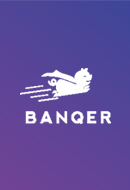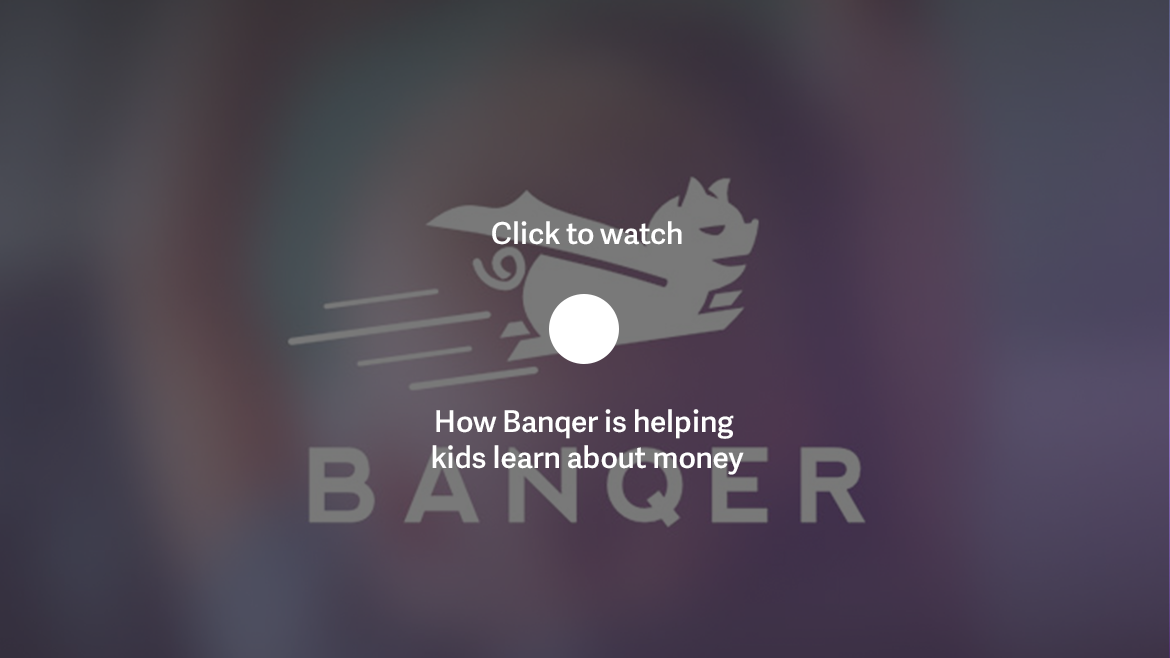In an era where many of our daily financial transactions are invisible, understanding money, the source of money and the circulation of it in our financial system, is increasingly complex, particularly for children.
Few kids these days ever see the money their parents earn from their work. Salaries are transferred electronically, as is the payment of bills, online shopping, our UBER rides, etc. People use their phones to ‘tap and pay.’ Money is not as tangible as it used to be.
Educating our kids about money and financial concepts is a challenge which our school, government and social systems must tackle.
Since 2014, the Australian Securities and Investments Commission (ASIC) with EY Sweeney have completed four six monthly snapshots of its Australians Financial Attitudes and Behaviour Tracker.
In its study, around three in five people reported they were confident about managing their money. However, close to one in three people found dealing with money stressful and overwhelming.
According to the Australian Government Financial Literacy Board’s Chairman Paul Clitheroe, an individual’s capability to make sound financial decisions, their capacity and access to suitable financial products, appropriate consumer protection and effective regulation of financial services, all impact financial literacy.
“This is why it’s so important that we employ a multifaceted approach, involving organisations in the government, not for profit and industry sectors, as well as in education, in order to bring about behavioural change.”
At the launch of Banqer, a digital financial literacy program for kids, Clitheroe said behavioural change was at the heart of the issue. People want to change but find it difficult.
“Wanting to be better with my money is number two on people’s New Year’s Resolution list, so how do we get these behavioural outcomes?”
Refer Banqer to a teacher
Netwealth is delighted to be funding 15,000 students to use Banqer. Help make your child one of the lucky ones.
Netwealth joint managing director Matt Heine said this is why financial literacy needs to be tackled on two fronts.
“Theory without experience is a real problem,” he said. “Education teaches the concepts, but experience allows you to take those learnings and execute them.”
“We believe experience is at the core to financial literacy and the earlier someone starts having real financial experiences the better equipped they will be to put theory into practice. “
Heine notes statistics from the fore mentioned Australian Financial Attitudes and Behaviour Tracker, such as two in five people understand diversification, as worrying.
“As an individual, we have a real responsibility to increase financial literacy. It is paramount to future success.
Netwealth’s support of Banqer will see 15,000 Australian kids benefiting from a financial literacy program that creates an online classroom economy where kids can save and invest and choose how to use their digital money. It teaches and gets kids to practice a life skill that can shape their lives forever.
Already used by 30,000 kids in NZ, and currently picked up by 40 schools in Australia, Banqer is set to take financial literacy in Australian kids to the next level.
Kendall’s hopes for Banqer are clear: “If Banqer can prevent a generation of kids from having a negative relationship with money, stop them from being misled financially, and change our societal silence on discussing money matters then I'll feel like Banqer was more than worth it.”
Currently there are a handful of financial literacy programs available to kids, a great development according to Clitheroe. However, he said having a program like Banqer that sits alongside the curriculum and where teachers are in charge of how it is included in their classes, is great.
“Weaving it into what they (teachers) have already got, you’ve nailed it,” he said.
Banqer is also different in other ways. Its online simulation of personal finances is a departure from more traditional paper-based resources, or in-person interactions and presentations.
Secondly, Banqer is an education and technology (EduTech) company with a FinTech product.
“Education is not an arm of Banqer’s offering, but its entire purpose which means it is free from bias and has a clearly defined mission,” said Flutey.


